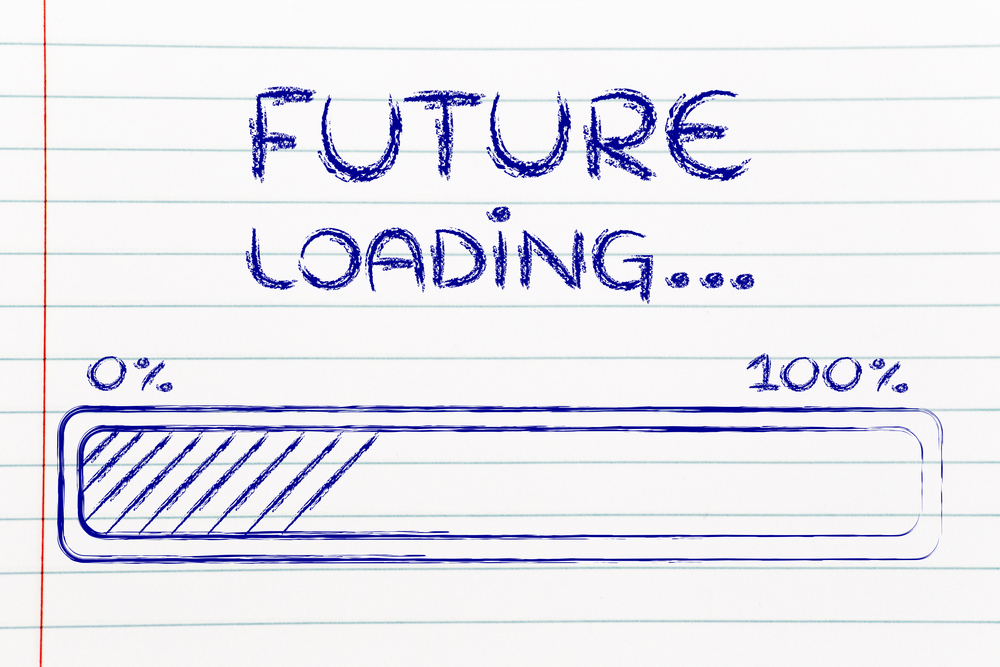Will bedside manner fall to the wayside when medicine is automated? Or will there be less human error? Let’s be serious, we’re all guilty of the bad habit of googling our real and perceived ailments. But would this be smarter if WebMD was actually a real MD on the Web? Or if perhaps we were diagnosed via artificial intelligence, which compounds the research, learning and risk analysis of thousands of doctors?
We already spoke about how doctors will soon be able to diagnose us remotely when they either embed medical devices in our bodies or prescribe a pill-slash-micro-camera for us to swallow then upload. Already, some general practitioners are taking advantage of video conferencing technology to Skype with patients. This not only saves both sides time and money, but limits exposure to infectious diseases and the spreading of things like the flu.
Also with devices becoming smaller and more portable, doctors can come to you, practices can have more diagnosing options, and soon our smartphones will be good enough to monitor many of our own aches and pains. This is already available — if not completely accurate — for adult and fetal heartbeat monitoring and blood pressure checking. And doctors can already listen to your heart and lungs via apps. It’s conceivable to think, as smartphone cameras advance, that there could be an X-ray attachment coming soon.
And open data offers us a plethora of opportunities to share information that can pour into insights, analytics and machine learning to make much more educated diagnoses, not only by the doctor, but by the patients themselves. GPs are already using software like QRISK2 to pull your statistics together to calculate your risk of a heart attack or stroke within the next ten years. Similarly, there are tools that enable your GP to recognize conflicting meds and to tailor prescriptions to your individual health overview.
Plus, we will be better patients when smartphones enable doctors to communicate in writing their plans and then automatically set up reminders so we actually follow through with their recommendations. And, focusing on better user experience, apps will gamify the whole process so we are more likely to get excited about participating in our own health.
As much of the doctor’s responsibilties are automated, how will the role evolve?
Well that’s the trillion-dollar question. And one we don’t have an answer to. However while automation and AI will eliminate a lot of jobs, we just don’t see that happening in the medical fields yet, particularly as the world population continues to grow and these roles become more in demand.
One possibility is that, with basic treatment just about covered, doctors will become more specialized. Maybe they’ll focus more on research. Maybe by automating the repetitive tasks and taking a bit of the human error out of the equation, more room and more money can go toward curing the world’s biggest diseases like HIV, cancer and malaria.
We have to remember one thing, the automation of medicine may be technically there, but the infrastructure and the cultural change is still a long way off. It’s not just about retraining the doctors, but it’s perhaps even more so about retraining their patients to be active advocates and participates in their own health.
Would you trust a RoboDoc more or less than a human one? Tell us @TefDigital and @JKRiggins!









